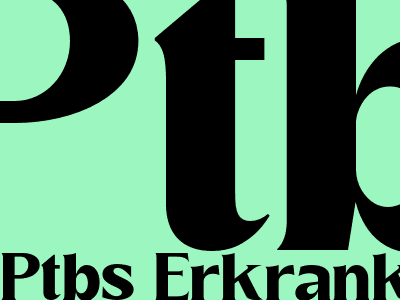Post-Traumatic Stress Disorder (PTSD): Symptoms, Diagnosis, and Treatment
What is Post-Traumatic Stress Disorder (PTSD)?
Post-traumatic stress disorder (PTSD) is a mental health condition that can develop after a person has experienced a traumatic event, such as a natural disaster, a serious accident, a terrorist attack, or sexual assault. PTSD can cause a range of symptoms, including flashbacks, nightmares, avoidance of reminders of the trauma, and difficulty sleeping.Symptoms of PTSD
The symptoms of PTSD can vary from person to person, but some of the most common symptoms include: * Flashbacks - Vivid, intrusive memories of the traumatic event that can be triggered by anything that reminds the person of the event * Nightmares - Dreams about the traumatic event that can be very disturbing and frightening * Avoidance - Avoiding people, places, or activities that remind the person of the trauma * Difficulty sleeping - Problems falling or staying asleep, or waking up frequently with nightmares * Irritability and anger - Feeling on edge or easily irritated, even over small things * Difficulty concentrating - Having trouble paying attention or remembering things * Feeling detached or numb - Feeling emotionally detached from other people or from the world around them * Feeling hopeless or guilty - Believing that the future is bleak or that they are to blame for the traumatic event In some cases, PTSD can also lead to physical symptoms, such as headaches, stomachaches, or muscle tension.PTSD is a serious mental health condition, but it is treatable. There are a number of different treatments available for PTSD, including medication, therapy, and self-help strategies.

Comments